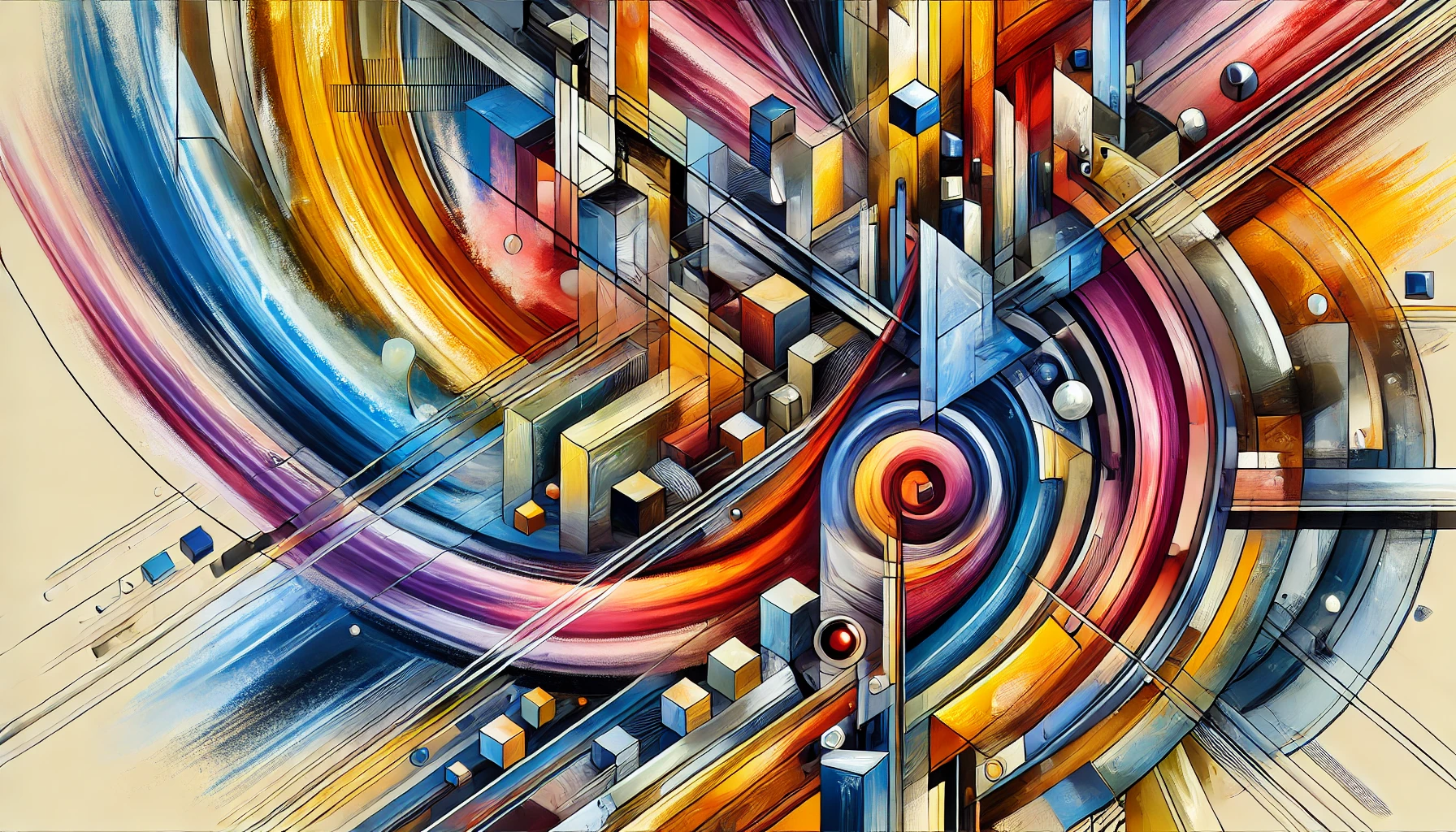Arshile Gorky
Vostanik Manoog Adoyan, better known as Arshile Gorky (born April 15, 1904 in the village of Khorkom in Van, and died July 21, 1948 in Sherman, Connecticut) was an Armenian-American abstract expressionist painter.
Biography
Gorky was born in Khorkom near Van, Turkey. When he was four, his
father emigrated to America to avoid the draft, leaving his son
behind. Gorky fled Van in 1915 during the Turkish genocide of Armenians
. Gorky's mother later died of starvation in his arms during the
genocide. Gorky was reunited with his father when he arrived in
America in 1920, aged 16, but they never grew close. At age 31,
Gorky married.
In 1922 Gorky enrolled in the New School of Design in Boston, eventually becoming a part-time instructor. During the early 1920s he was influenced by impressionism, although later in the decade he produced works that were more postimpressionist. During this time he was living in New York and was influenced by Paul Cezanne. Notable paintings from this time include Landscape in the Manner of Cezanne (1927) and Landscape, Staten Island (1927-1928). At the close of the 1920s and into the 1930s he experimented with cubism, eventually moving to surrealism. Nighttime, Enigma, Nostalgia (1930-1934) is a series of complex works that characterize this phase of his painting.
In letters to his sisters Gorky often described moods of melancholy, and expressed loneliness and emptiness, nostalgia for his country, and bitterly and vividly recalled the circumstances of his mother's death.
Two years before Gorky's death he underwent a series of catastrophes. His studio barn burned down; he underwent a colostomy for cancer; his neck was broken and his painting arm temporarily paralyzed in a car accident; and his wife of seven years left him, taking their children with her. Gorky ended his life in 1948, at age 44, when he hanged himself.
He was buried at North Cemetery in Sherman, Connecticut.
Gorky in fiction
As a survivor of the Armenian Genocide, Gorky appears in Atom Egoyan's
movie Ararat.



